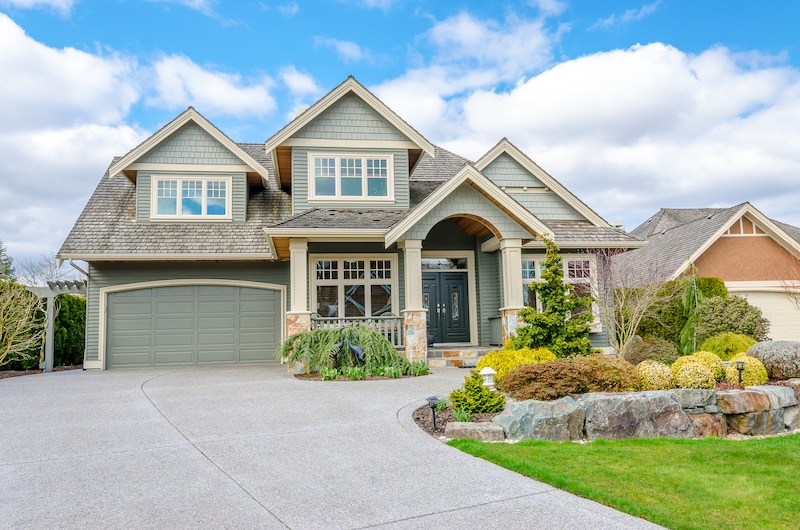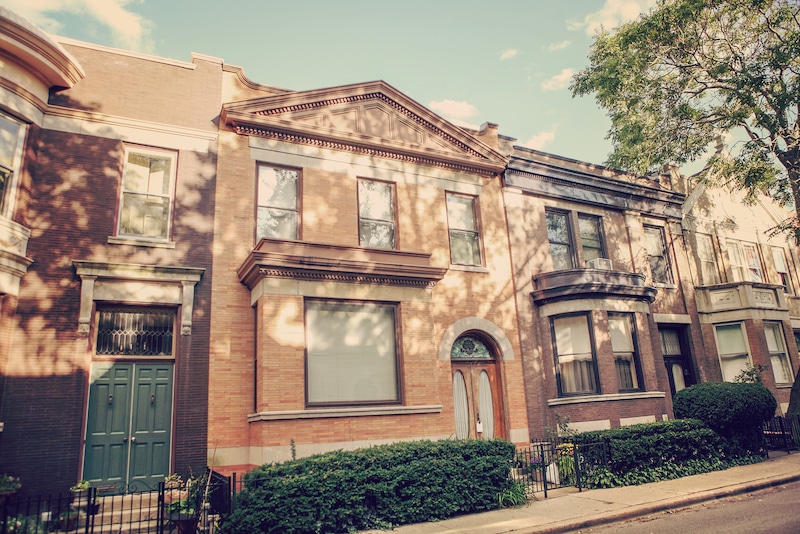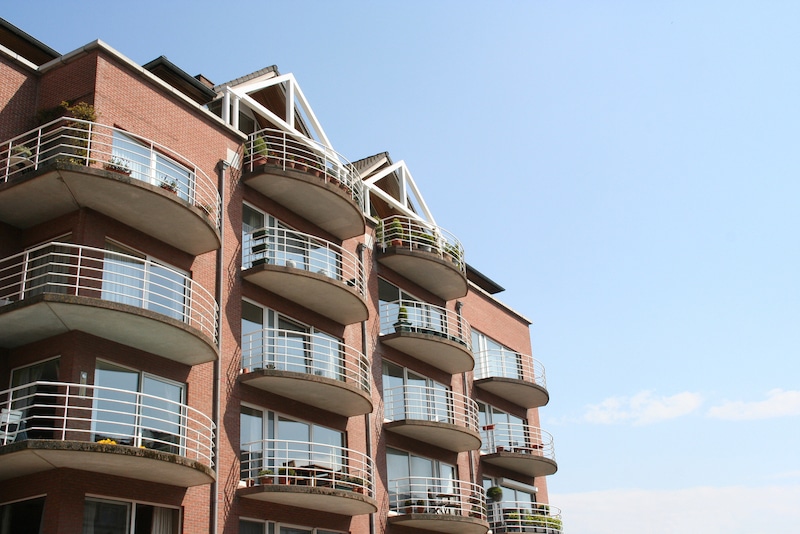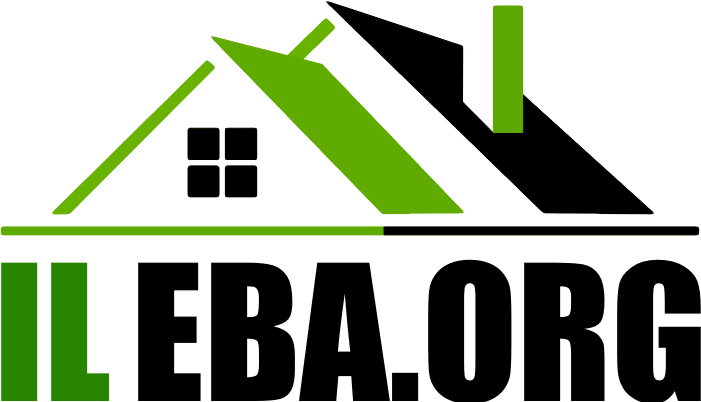When it comes to purchasing real estate property, there are a number of different types to consider. Each comes with its own unique intricacies, advantages, and disadvantages. Here are a few of the most popular types of properties:
Single-Family Home
Definition: A single-family home is a completely detached, standalone structure on its own lot.

Benefits of buying a single family home
- More Affordable. The biggest advantage to owning a single-family home is that it tends to be more affordable for the amount of space you’ll get. Utility expenses are also usually negligible given that most rental contracts require the tenants to pay for all utilities.
- Great for Slow but Steady Growth. Given the affordability and general appreciation in value of single-family homes, these property types tend to make great initial investments if you want to employ a slow but steady growth strategy in property ownership. You will make less than buying, say, a large multi-unit property, but it will be more manageable in the short-term.
- Better Tenants. Tenants in Single Family Homes tend to view the property as wholly their own and are more likely to treat it with care. This may not be the case in larger, multi-unit structures where people feel less ownership of the property.
Risks of buying a single family home
- Difficult to Scale Investments Quickly. If you’re looking to scale your investments in property quickly, this may not be the way to go. Economies of scale work against you with this property type as the sale of each property comes with its own set of intricacies, permits, etc.
- More Difficult and Expensive to Manage. Given that this is a standalone structure, you will have responsibility for every major component of every structure of every property you own. If the structures are older, repairs and replacements can add up quickly. This is not the case with condos where most major repairs (HVAC for example), are handled by the managing entity.
- Vacancy is a Complete Loss. Given that there is only one space to rent, a vacancy in a single-family home is a 100% loss of income. With multi-family units, the impact may not be as severe as you can have other tenants in other units.
Multi-Unit Property
Definition: Sometimes called a Multi-Family Home, duplex, two flat, or three flat is simply a property that has multiple living units within one complex.

Benefits of buying a multi unit building
- Scale More Quickly. Multiple units within the complex means more rent coming to you every month. If you are adopting an aggressive property investment strategy, a multi-unit property may be the way to go.
- Easier and Cheaper to Manage. Given that resources and systems are shared within a Multi-Unit Property (HVAC for example), this property type tends to be a bit easier and cheaper to manage.
- More Control Over Property Value. With single-family homes, the value of the property normally depends heavily on comparable sales in the area, however multi-unit properties are normally valued as a multiple of income. Therefore, if you’re able to increase your income from the property over time, you have the potential to see very large gains in the overall value of the property, independent of comparable sales in the area.
Risks of buying a multi-unit building/
- More Expensive to Buy. Given more units and (typically) more land, multi-unit properties are generally much more expensive to buy than single family homes or condominiums.
- More Tenants and More Potential Issues. Increasing the number of tenants increases your income, but also increases the probability of encountering issues with your tenants. Additionally, tenants of multi-unit properties may take less ownership of the physical space and may be less likely to maintain it properly.
Condominium
Definition: A condominium, frequently referred to as a condo, is one of many units in a complex that share ownership over common areas such as hallways, lobbies, outside areas, etc.

Benefits of owning a condo
- Less Expensive. Because it’s not a standalone structure and is housed within a larger, managed complex, condos tend to be less expensive to buy on the front end.
- Better Locations. Condominiums can typically be found closer to population centers and the downtowns of cities. Proximity to shopping and attractions allows you to increase the rent and decrease vacancy time.
- Easier to Maintain. Because a condominium is housed within a larger, managed complex, you won’t have to deal with larger maintenance issues like basements flooding, HVAC systems breaking, etc.
Risks of owning a condo
- HOA + Condo Fees. Most condo complexes will charge condo owners a Homeowners Association Fee or a Condo Fee. These fees are used to maintain the common areas, improve shared facilities like pools and gyms, but ultimately is not tax deductible for the owner. That money may be better spent towards a mortgage of a structure you own outright.
- Less Space and Privacy for Tenants. With proximity to the city or local attractions, space comes at a premium. You won’t typically get as much space for your money as you would with a single-family home. You also are sharing space with other unit owners in the complex and are thus less secluded and private.
- Stricter Rules and Regulations. Condo Associations can impose strict regulations about home decorations, renovation and improvements, noise and visitor policies, etc.



